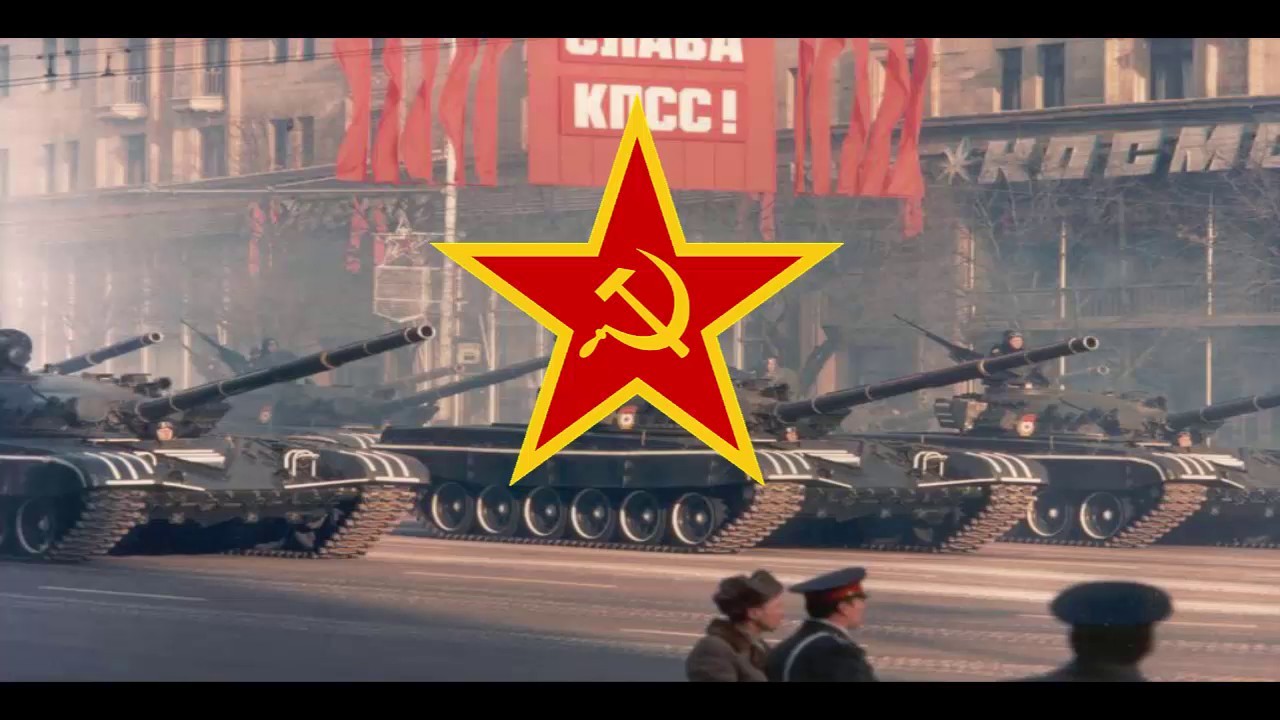Just replace the ussr with the ccp and it’s just as relevant today
Ugh, the comments are a cesspool
US is a state built on racism and class divide, that actively seeks imperialist aims
USSR was a state built on crushing capitalism, that never actively participated in imperialism
yep, keep telling me how the USSR and the US are exactly the same, anarkiddies. Black people and women were complete equals to white men in the USSR, and in East Germany transfolk and homosexuals were complete equals too… something that still isn’t true in the US. but, I mean, keep going off about how the USSR was oppressive and evil.
Anarchists are petit-bourgeois who come from the middle upper classes
To them the slavic Russians languishing at an average life expectancy of 39 and near complete illiterate population doesnt matter. It doesn’t matter that the Slavs were considered a lesser race that industrialised at such a heroic pace to defeat the Nazis and go toe to toe with the USA and having incredible achievements to their name
When the Communists liberated the concentration camps after defeating Germany which had subdued most of Europe none of that mattered either
And when Russia had built a base for socialism which acted as a ripple in a pond which helped liberation movements all across the globe and sped up decolonisation none of that mattered either
To them, in their detached petit-bourgeois mindset, taking our current reality and changing it (by imperfect people creating imperfect structures) does not meet their utopian demands to abolish the state whilst capitalist imperialism exists.
Which is tantamount to surrender.
I subscribe to Lenin’s distinction between Marxism and Anarchism that he presents in The State and Revolution:
The distinction between Marxists and the anarchists is this: (1) The former, while aiming at the complete abolition of the state, recognize that this aim can only be achieved after classes have been abolished by the socialist revolution, as the result of the establishment of socialism, which leads to the withering away of the state. The latter want to abolish he state completely overnight, not understanding the conditions under which the state can be abolished. (2) The former recognize that after the proletariat has won political power it must completely destroy the old state machine and replace it by a new one consisting of an organization of the armed workers, after the type of the Commune. The latter, while insisting on the destruction of the state machine, have a very vague idea of what the proletariat will put in its place and how it will use its revolutionary power. The anarchists even deny that the revolutionary proletariat should use the state power, they reject its revolutionary dictatorship. (3) The former demand that the proletariat be trained for revolution by utilizing the present state. The anarchists reject this.
Lenin always hit it exactly right.
@[email protected] Here’s another really good distinction by Bukharin, when talking about “decentralized” economics that anarchists push:
"Communist society is, as such, a stateless society. If this is the case — and there is no doubt that it is — then what, in reality, does the distinction between anarchists and Marxist communists consist of? Does the distinction, as such, vanish at least when it comes to examining the problem of the society to come and the “ultimate goal”? No, the distinction does exist; but it is to be found elsewhere; and can be defined as a distinction between production centralised under large trusts and small, decentralised production.
We communists believe not only that the society of the future must free itself of the exploitation of man, but also that it will have to ensure for man the greatest possible independence of the nature that surrounds him, that it will reduce to a minimum “the time spent of socially necessary labour”, developing the social forces of production to a maximum and likewise the productivity itself of social labour.
Our ideal solution to this is centralised production, methodically organised in large units and, in the final analysis, the organisation of the world economy as a whole. Anarchists, on the other hand, prefer a completely different type of relations of production; their ideal consists of tiny communes which by their very structure are disqualified from managing any large enterprises, but reach “agreements” with one another and link up through a network of free contracts. From an economic point of view, that sort of system of production is clearly closer to the medieval communes, rather than the mode of production destined to supplant the capitalist system. But this system is not merely a retrograde step: it is also utterly utopian.
The society of the future will not be conjured out of a void, nor will it be brought by a heavenly angel. It will arise out of the old society, out of the relations created by the gigantic apparatus of finance capital. Any new order is possible and useful only insofar as it leads to the further development of the productive forces of the order which is to disappear. Naturally, further development of the productive forces is only conceivable as the continuation of the tendency of the productive process of centralisation, as an intensified degree of organisation in the “administration of things” that replaces the bygone “government of men”."
Nikolai Bukharin, Anarchy and Scientific Communism.





